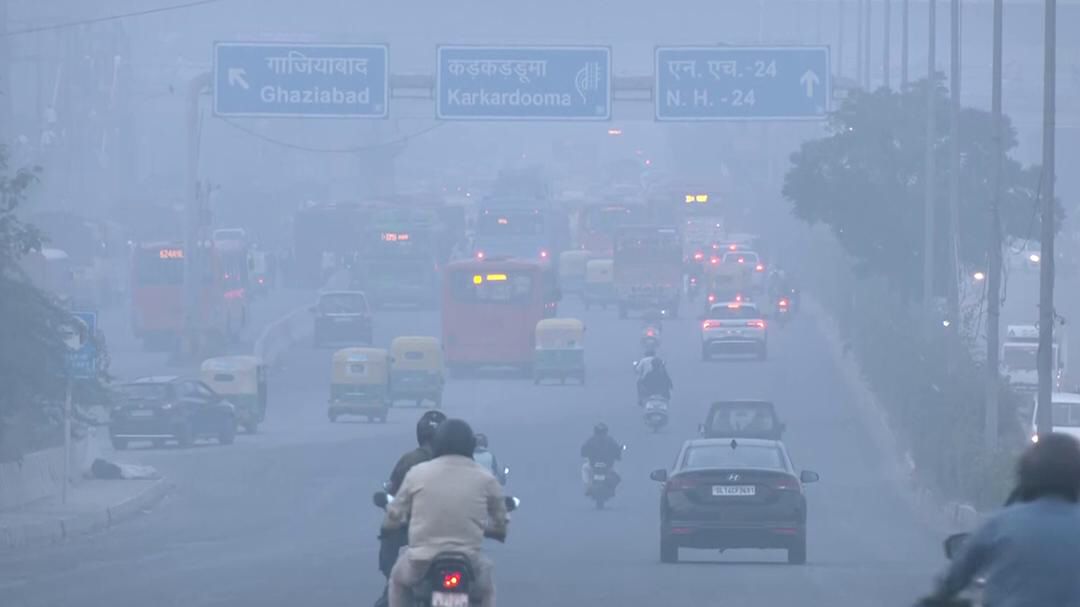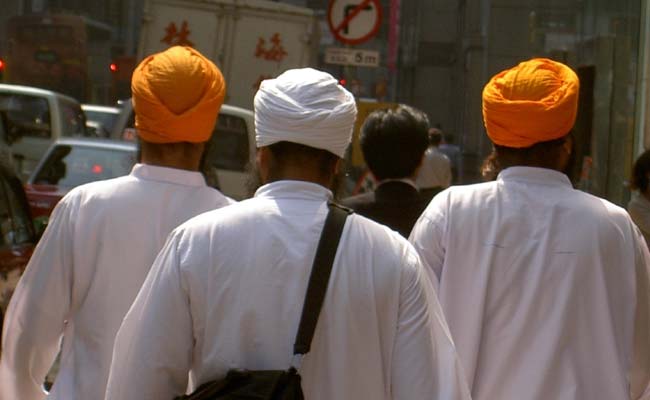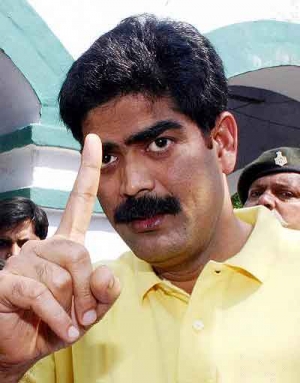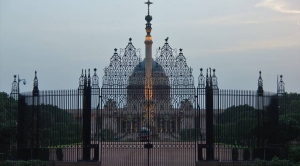Experts Raise Red Alert as Delhi Air Turns ‘Life Threatening’

New Delhi | November 21 Delhi’s air quality has reached alarming levels, with experts declaring the situation a “public health emergency.” On Friday, several parts of the city recorded Air Quality Index (AQI) readings well into the ‘severe’ category, posing serious risks to residents’ health. According to the government’s Sameer app, Delhi registered a 24-hour average AQI of 370 at 9 am, marking the eighth consecutive day in the ‘very poor’ range. The Central Pollution Control Board reported readings of 392 on Wednesday and 374 on Tuesday, reflecting a steady increase in pollution over the week. Over 18 monitoring stations, including Chandni Chowk, Anand Vihar, Mundka, Bawana, Narela, DTU, and Wazirpur, recorded AQI levels above 400. The Ministry of Earth Sciences has warned that stagnant winds and winter temperature inversions will keep air quality in the ‘very poor’ to ‘severe’ zone for at least the next six days. The causes of Delhi’s pollution are multifaceted. Vehicular emissions contributed around 16–17% of PM2.5 pollution, while stubble burning in neighboring states added 1–3%, according to satellite and IITM Decision Support System data. Although the number of farm fires in Punjab, Haryana, and Uttar Pradesh is relatively low, they still exacerbate background pollution under winter conditions. Doctors at AIIMS have described the situation as a medical emergency. Hospitals are reporting a 10–15% rise in respiratory and pollution-related cases, with wards overflowing with patients experiencing wheezing, breathlessness, burning eyes, and rapidly worsening COPD. Some patients even require ventilators. Experts warn that air pollution affects every major organ system, including the heart, brain, and mental health, and can reduce life expectancy. A LocalCircles survey found that 80% of households in Delhi-NCR had at least one member fall ill due to toxic air in the past month, with 36% reporting four or more members suffering from respiratory symptoms. Residents report persistent coughs, headaches, congestion, and aggravated asthma. Doctors emphasized that while masks and air purifiers offer some protection, they cannot replace systemic, long-term solutions. AIIMS experts urge the government to treat pollution as a year-round challenge rather than a seasonal issue. The Supreme Court has intervened, recommending the deferral of school sports activities and monthly monitoring of pollution mitigation efforts. Public protests have also grown, with residents demanding urgent government action, citing poor enforcement and the failure of existing measures. The worsening crisis has left many feeling that immediate, comprehensive action is the only way to protect public health. Experts Raise Red Alert as Delhi Air Turns ‘Life Threatening’ Delhi’s air quality has reached alarming levels, with experts declaring it a “public health emergency.” On Friday, several areas recorded AQI readings well into the ‘severe’ range, posing serious health risks. The government’s Sameer app reported a 24-hour average AQI of 370, marking the eighth consecutive day in the ‘very poor’ category. Over 18 monitoring stations, including Chandni Chowk, Anand Vihar, Mundka, and Bawana, crossed the 400 mark. Doctors at AIIMS have called the situation a medical emergency. Hospitals report a 10–15% spike in respiratory and pollution-related cases, with wards overflowing with patients suffering from wheezing, breathlessness, burning eyes, and rapidly worsening COPD. Some patients require ventilators. Experts warn that air pollution affects every major organ system, including the heart, brain, and mental health, and can shorten life expectancy. Vehicular emissions contribute roughly 16–17% of PM2.5, while stubble burning adds 1–3%, worsening background pollution under winter conditions. A LocalCircles survey found that 8 in 10 households in Delhi-NCR had at least one member fall ill due to toxic air in the past month. While masks and air purifiers help, doctors stress systemic, year-round solutions are needed. Protests have erupted across the city, and the Supreme Court has urged stricter monitoring and enforcement to protect public health from this ongoing crisis.




